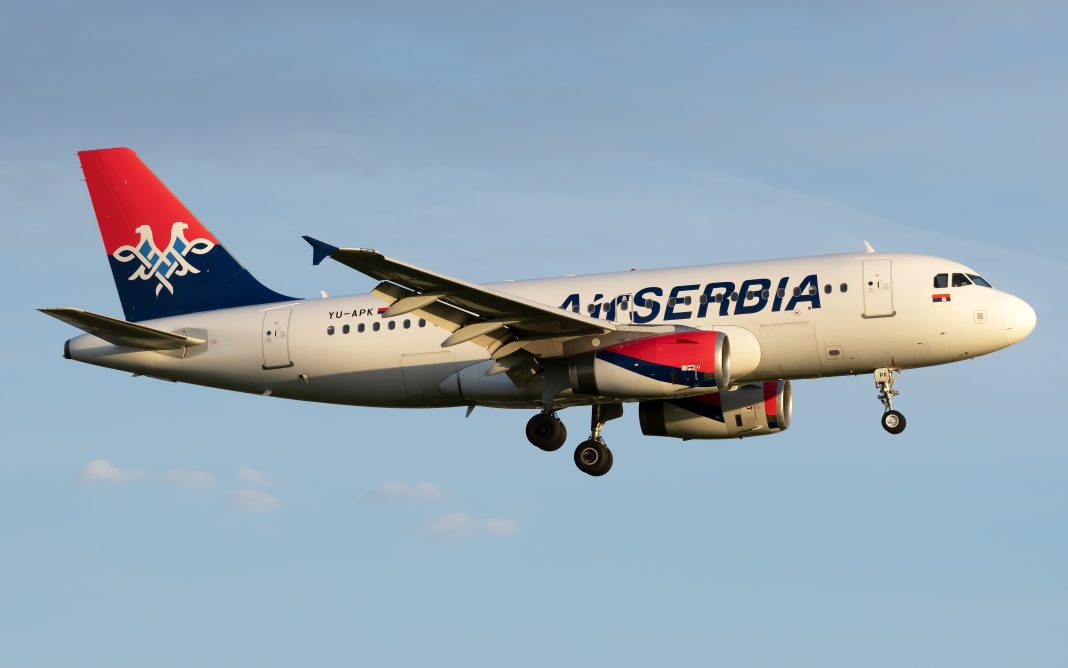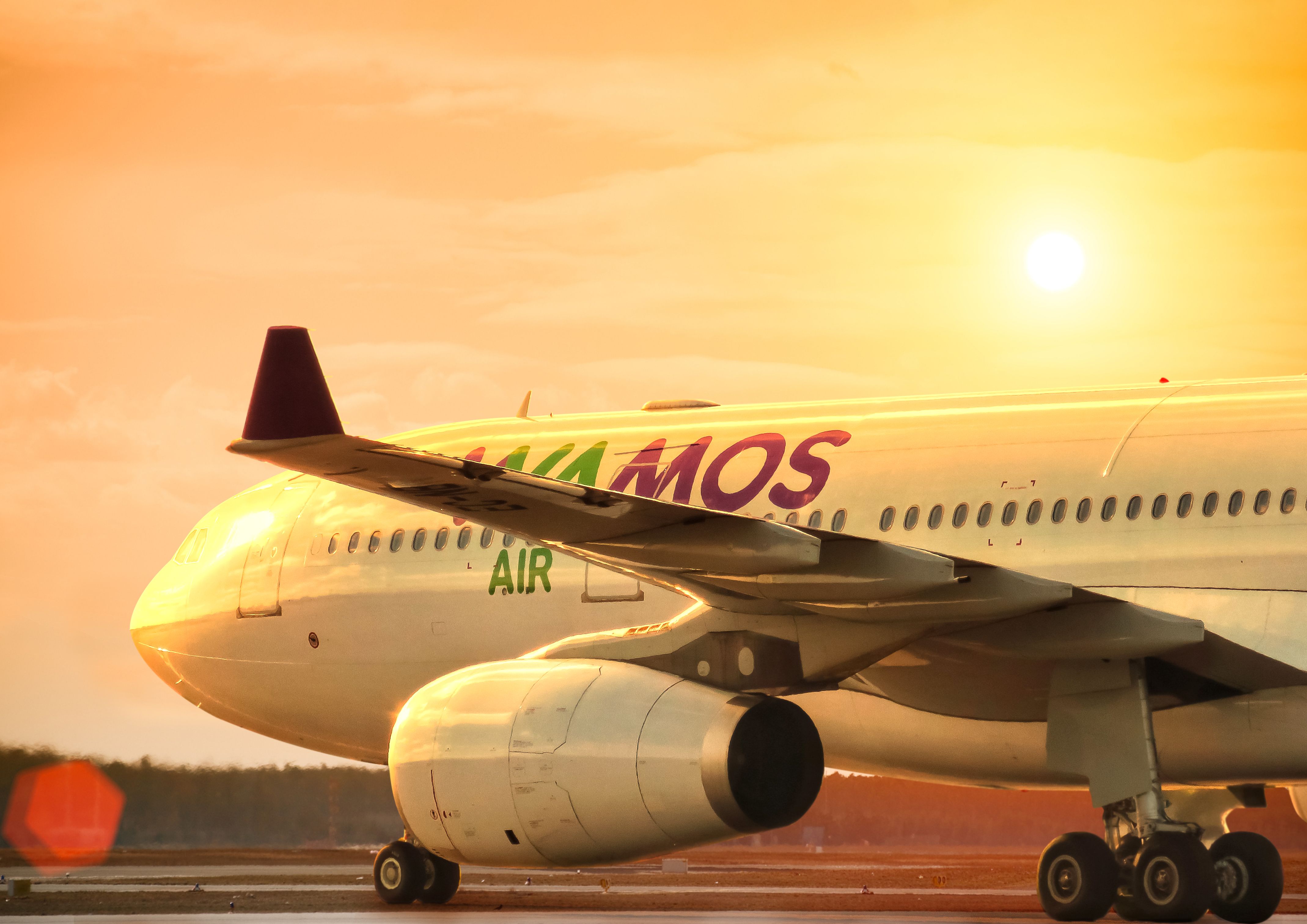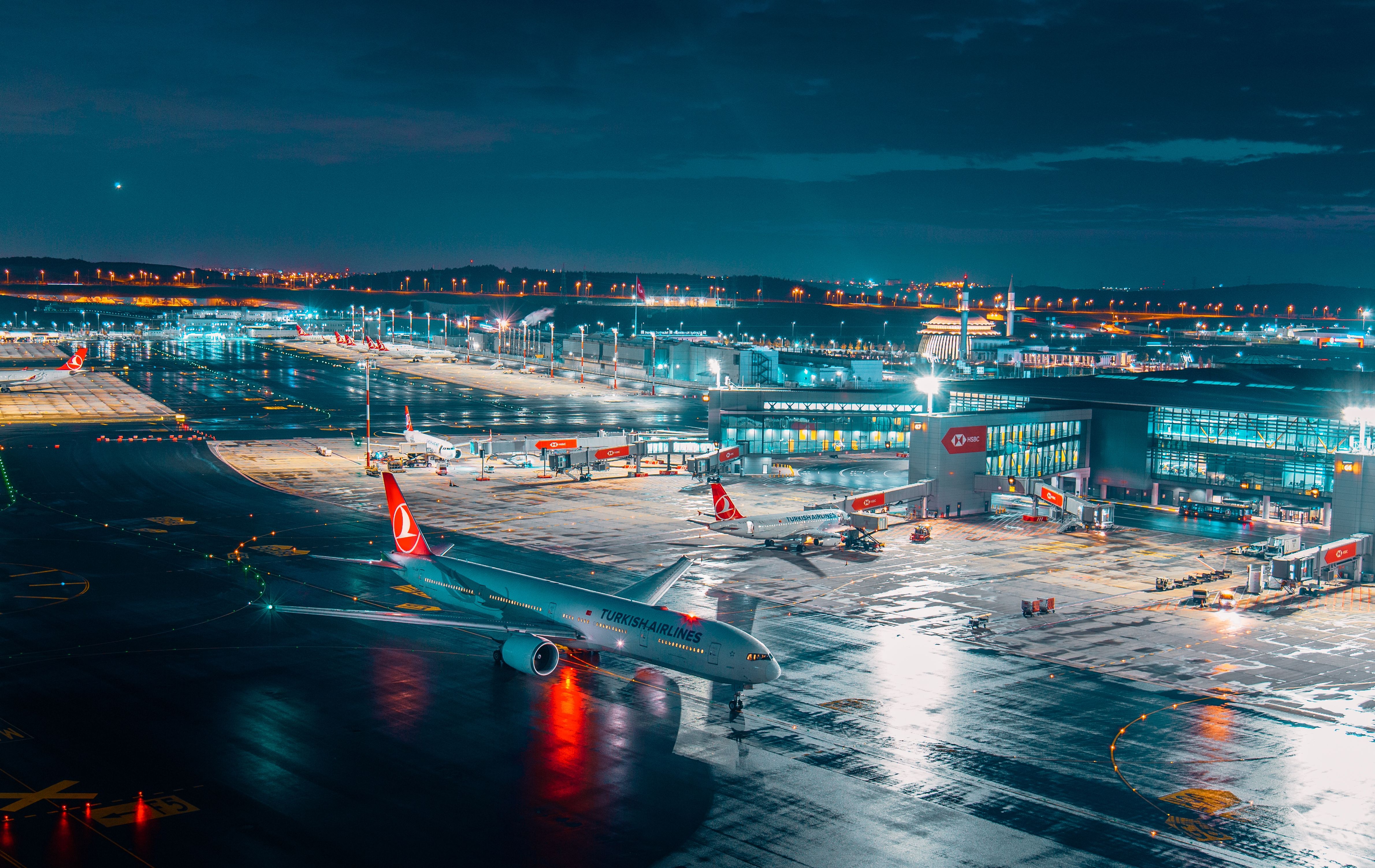Air Serbia took delivery of its third Airbus A320 earlier this week and signed an agreement with Wamos Air to wet-lease an Airbus A330 in a move that signals rapid growth and expansion for the Serbian flag carrier. Let’s take a closer look.
A growing fleet
Air Serbia currently operates a 19-strong fleet that consists mostly of Airbus aircraft as well as some ATR planes:
|
Aircraft |
Quantity in fleet |
Seating capacity |
Average age |
Age of oldest in fleet |
Age of youngest in fleet |
|
10 |
144 |
16.2 years |
20 years |
13 years |
|
|
Airbus A320 |
2 |
174 |
12.6 years |
17 years |
8 years |
|
2 |
257 |
13.9 years |
16 years |
12 years |
|
|
5 |
72 |
7.7 years |
10 years |
5 years |
The ATR aircraft are primarily used to support regional travel, while the Airbuses are mainly used on long-haul routes.
The addition of a third A320 represents a sizable increase in the passenger capacity of Air Serbia’s armada. The aircraft in question is 12 years old, having previously belonged to Wizz Air. It has a seating capacity of 180 passengers, thanks to the two additional rows that Air Serbia’s other A320s do not have.
Also joining Air Serbia’s ranks for the time being is an Airbus A330-300 wet-leased from Wamos Air. The aircraft has already served a few flights between Belgrade Nikola Tesla Airport (BEG) and John F. Kennedy International Airport (JFK) on April 13th and April 15th. It is worth noting that Air Serbia’s own A330s are currently out of commission; one is grounded due to a recent technical issue in New York, and the other is being serviced in Istanbul.
Photo: Wamos Air
Wamos Air has been known to wet lease A330 aircraft to several other airlines, such as Aer Lingus, Air New Zealand, Condor, and Saudia.
Air Serbia has made significant progress towards growing its fleet over the course of the past year with the addition of eight new aircraft. This includes one A319, one A320, and five ATR72-600s. It also includes Air Serbia’s second A330-200, which the airline took delivery of just last November.
New routes on the way
In addition to growing its fleet, Air Serbia is also increasing the number of destinations that it serves. Last week, the airline announced that it would be resuming flights to Ben Gurion International Airport (TLV) in Tel Aviv and commencing flights to Istanbul Airport (IST). And starting next month, the carrier will also be operating a thrice weekly service to and from Cairo International Airport (CAI).
Photo: Ancapital/Shutterstock
In total, Air Serbia expects to launch flights to a whopping sixteen new destinations in the next two months, and the airline has hired more than 120 new cabin crew staff in order to support it as it does so.
Despite the recent growth of its fleet, the carrier expects that it will need to wet lease almost 30 aircraft this summer as it rolls out all of its new routes.
Speaking with regard to the new aircraft, Air Serbia’s Chief Operating Officer Marijan Kocić said,
“Continued modernisation of our fleet, management system, technical support, and crew training are the Serbian national airline’s strategic goals”
What do you think of Air Serbia’s latest additions to its fleet? Is the airline doing enough to support its expansion plan? To which destination would you like to see it fly next? Let us know in the comment section.
Sources: Air Serbia, AviationSource News, ch-aviation, EX-YU Aviation News, EX-YU Aviation News, and EX-YU Aviation News
[ad_2]
Source link




